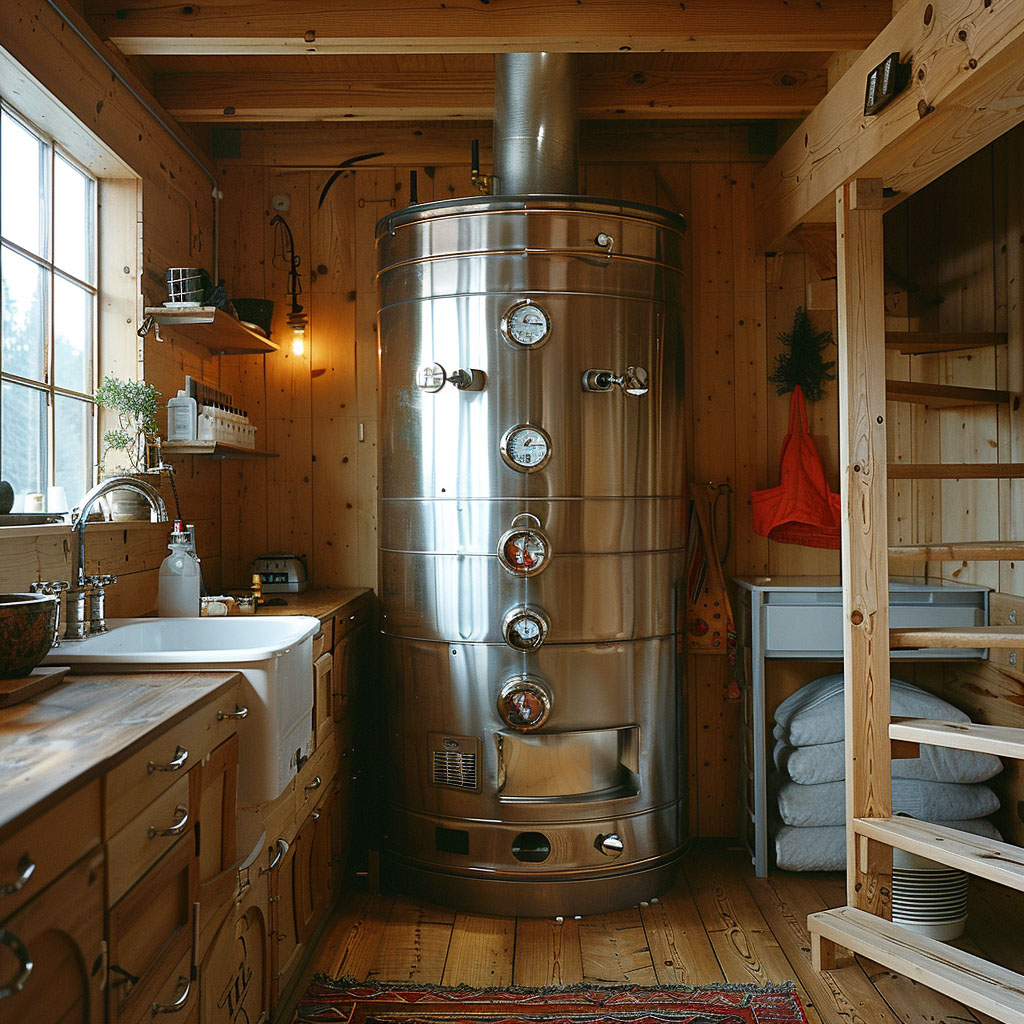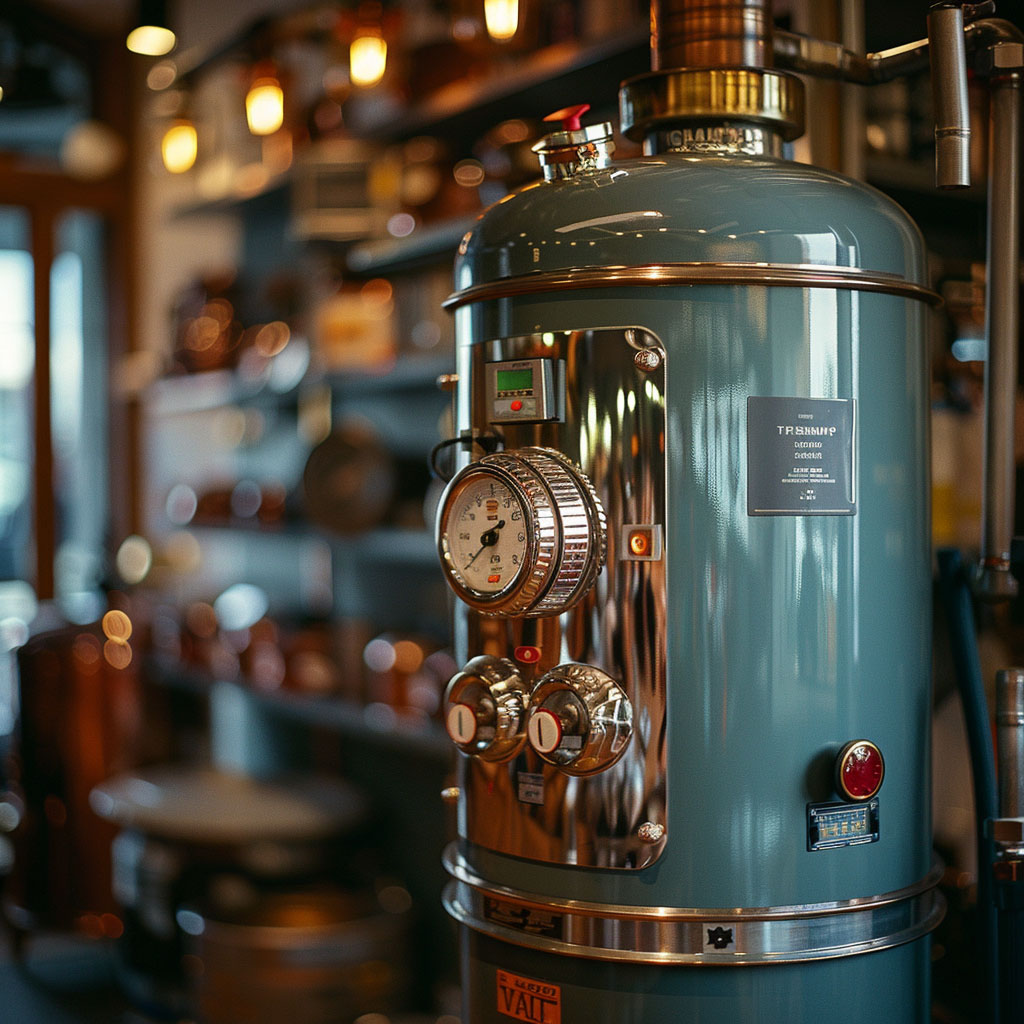Introduction
In today's globe, where energy efficiency is becoming a leading priority for property owners and businesses alike, the heat pump installation has become a wise remedy. Not only do heat pumps provide heating throughout the cold months, but they can additionally effectively amazing areas when temperature levels climb. With innovations in innovation and expanding concerns regarding environmental effect, selecting heatpump is not just a pattern; it's a conscious choice towards sustainability and savings.

But exactly what makes heatpump installation such a sensible choice? This post dives deep right into the ins and outs of heatpump, discovering their advantages, installation processes, maintenance requirements, and just how they stack up against typical home heating approaches. Whether you're taking into consideration setting up one or simply curious concerning just how they function, you remain in the best place.
Heat Pump Installment: A Smart Choice for Power Efficiency
When we speak about energy effectiveness in home heating and cooling systems, heat pumps often come to mind. They use power to transfer warmth rather than creating it through combustion like standard systems. This effective device permits them to deliver up to three times extra power than they consume.
What Is a Warmth Pump?
A heat pump is essentially a gadget that relocates warm from one area to one more. It can soak up heat from the air or ground outside your home and release it inside during winter season while doing the contrary in summer. This twin performance is what makes it different from conventional HVAC systems.
How Does Heat Pump Innovation Work?
The operation of a heat pump entails 4 primary components:
Evaporator Coil: Soaks up warm from the environment. Compressor: Rises the temperature of the absorbed heat. Condenser Coil: Releases the warmed air right into your home. Expansion Valve: Controls the flow of refrigerant within the system.The intermittent procedure permits both home heating and cooling down abilities with very little power consumption.
Why Choose Heat Pumps Over Traditional Systems?
- Energy Efficiency: As mentioned earlier, heatpump are highly effective due to their method of transferring rather than creating heat. Cost Savings: Although preliminary costs could be higher contrasted to conventional heating systems, long-lasting cost savings on energy expenses make it an economically audio choice. Environmental Impact: Lower carbon emissions add to reducing your carbon footprint. Versatility: One system can handle both home heating and cooling down requirements throughout the year. Longevity: With appropriate upkeep, heatpump can last approximately 15 years or more.
Understanding Different Types of Warmth Pumps
Air Source Warmth Pumps
These are one of the most typical types that extract warmth http://jeffreyfzfb593.bearsfanteamshop.com/hvac-maintenance-near-me-maintaining-your-system-running-smoothly from outdoors air even when temperatures are low.
Ground Source (Geothermal) Warmth Pumps
These systems make use of below ground thermal energy and are incredibly reliable yet come with higher installment prices as a result of comprehensive ground excavation.
Water Resource Warm Pumps
Ideal for homes near water bodies, these systems essence thermal energy from water sources.

Heat Pump Installment Refine Explained
Step 1: Evaluating Your Needs
Before any setup occurs, it's critical to assess your certain heating & cooling demands. Consulting with a skilled HVAC contractor can assist establish the ideal dimension and type of system for your space.
Step 2: Choosing a Cooling And Heating Company
Selecting a dependable HVAC company near you is important for quality installment. Seek companies with solid testimonials like "HVAC Company Boise" or "HVAC Contractor Boise." They should have experience in installing various types of heating and cooling systems including furnace replacement or central air service.
Step 3: Preparing Your Home
Ensure that your home's insulation is adequate before installment begins. Correct insulation makes the most of performance by avoiding thermal loss.
Step 4: Installation Day!
On today, specialists will install exterior and indoor units according to manufacturer requirements and local codes. The procedure commonly consists of:
- Mounting exterior units Installing interior air handlers Connecting refrigerant lines Ensuring electric connections are safe
Step 5: Screening System Performance
Once installed, professionals will run tests to ensure every little thing operates smoothly. They'll inspect air movement prices, thermostat function, and general performance levels.
Heat Pump Maintenance Tips for Longevity
To maintain your new system running successfully over time, regular upkeep is essential:
Schedule annual HVAC maintenance near you. Change filters every 1-- 3 months. Clean outdoor systems regularly. Ensure clear accessibility around all systems for airflow. Keep track of any type of uncommon sounds or functional issues-- don't think twice to call for emergency furnace repair if needed!Common Mistaken beliefs About Heat Pumps
Myth # 1: They're Inadequate in Cold Weather
Contrary to this idea, modern heatpump are developed effectively sufficient to operate even when temperatures dip below freezing!
Myth # 2: They're Also Expensive
While initial expenses might be higher than typical systems, the long-lasting savings in energy expenses normally surpass these upfront expenses.
FAQs Concerning Heat Pump Installation
How much does it cost to mount a warmth pump?- Costs vary based upon dimension and kind yet usually range between $3,500 - $8,000 consisting of labor.
- Sizing relies on square footage; consulting an HVAC contractor near you ensures specific estimations using Hand-operated J methods.
- While DIY setups may be tempting, it's advised to work with professionals for safety factors and service warranty protection.
- With appropriate treatment & & maintenance strategies from an HVAC company Boise area experts advise routine checks each year; lifespan normally varies from 10-- 15 years depending upon usage conditions!
- Yes! Numerous states offer rewards or tax credit scores for energy-efficient upgrades including installing certified models so check regional resources!
- Regular filter changes & & yearly tune-ups by certified service technicians guarantee optimum performance throughout its lifecycle!
Conclusion
In conclusion, buying a heat pump installation represents not simply an upgrade in home convenience but likewise lines up carefully with modern-day worths regarding sustainability and economic performance-- making it certainly a smart selection! By comprehending just how these systems work and acknowledging their benefits over traditional ones in addition to appropriate aftercare through licensed provider such as emergency furnace repair choices close by you'll make certain maximum returns on investment while enjoying year-round environment control without breaking checking account down line way too much either way!